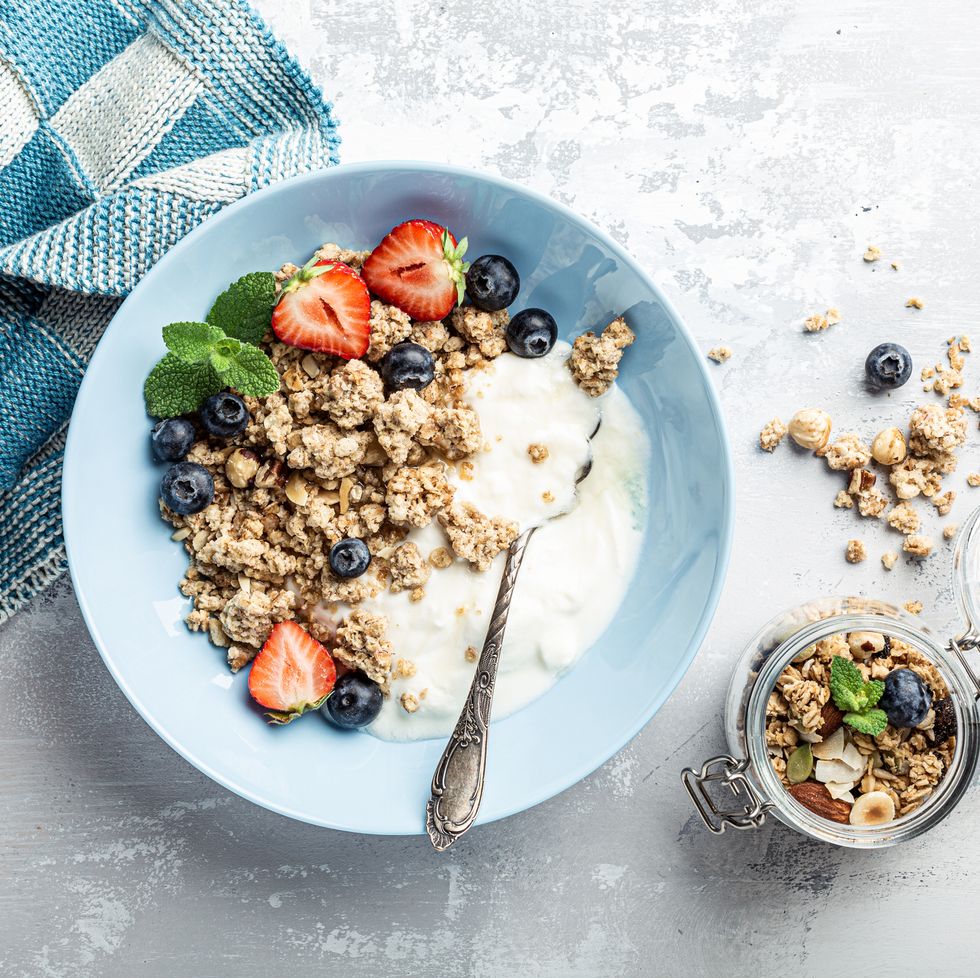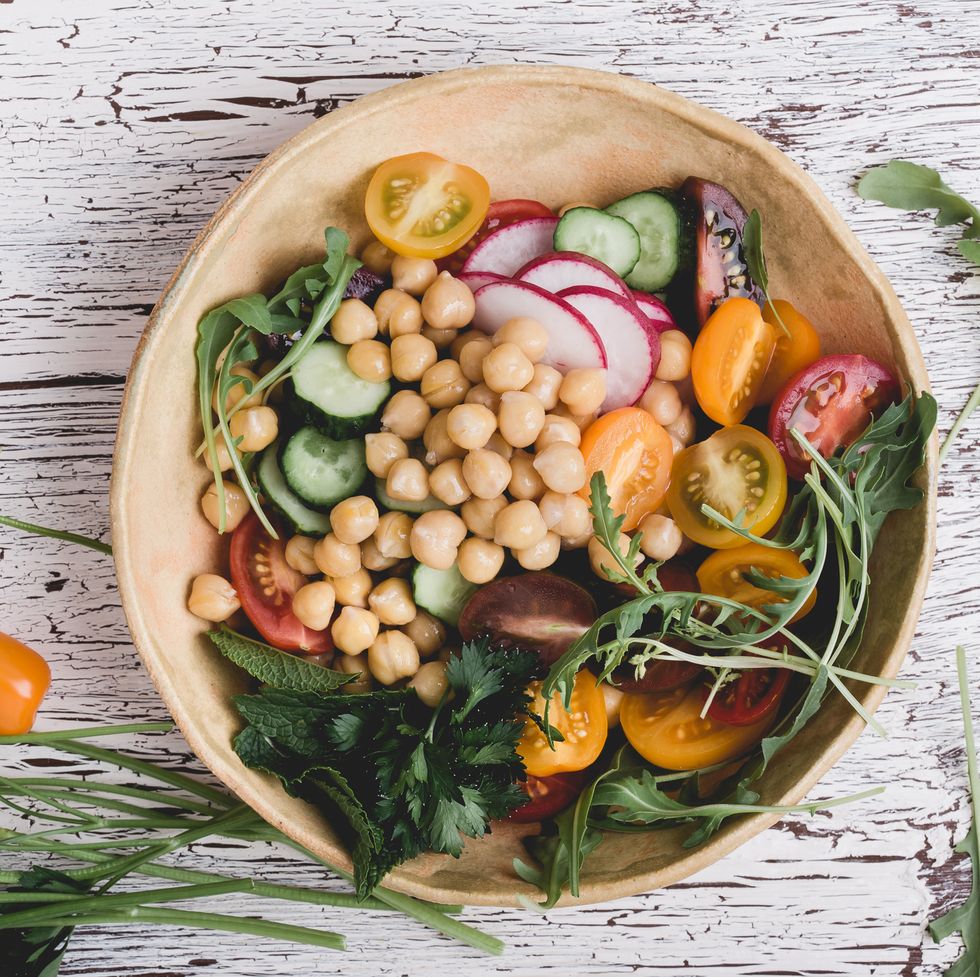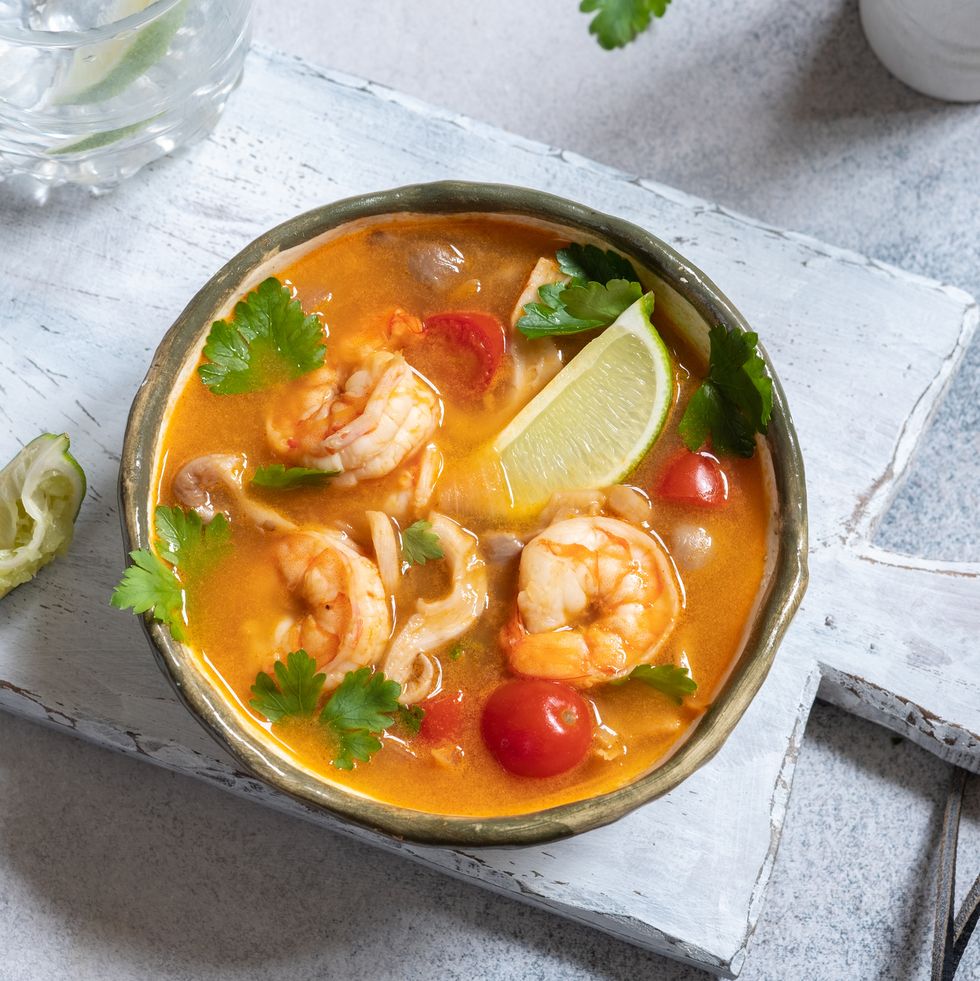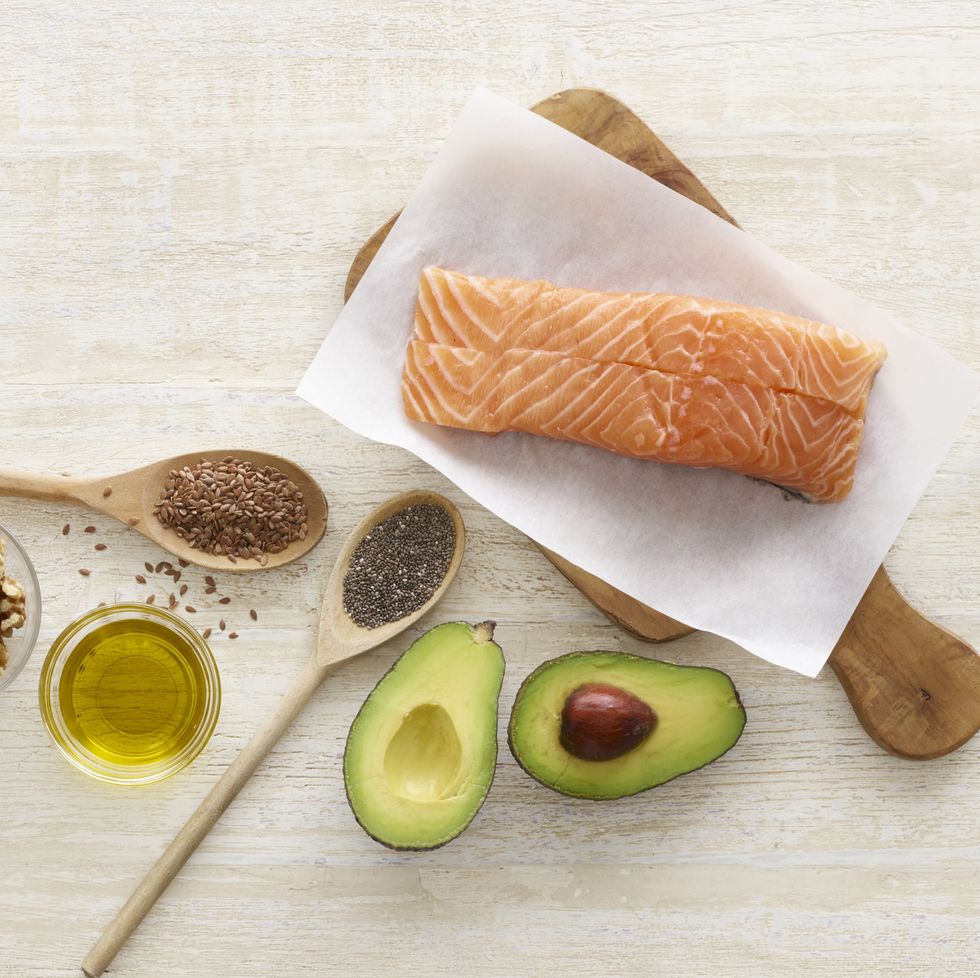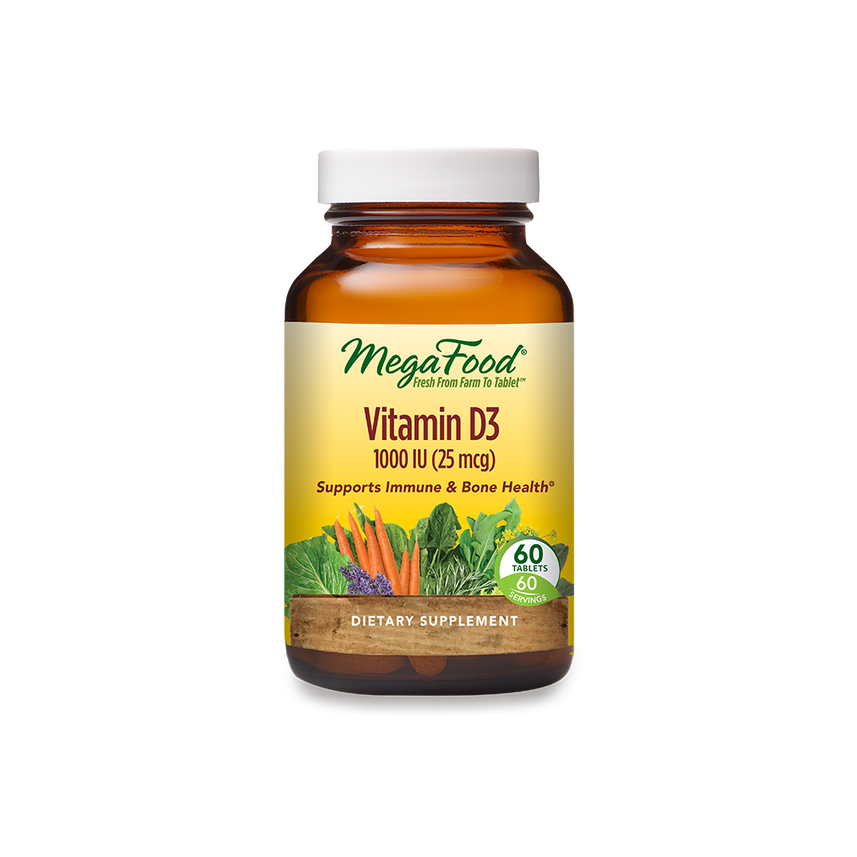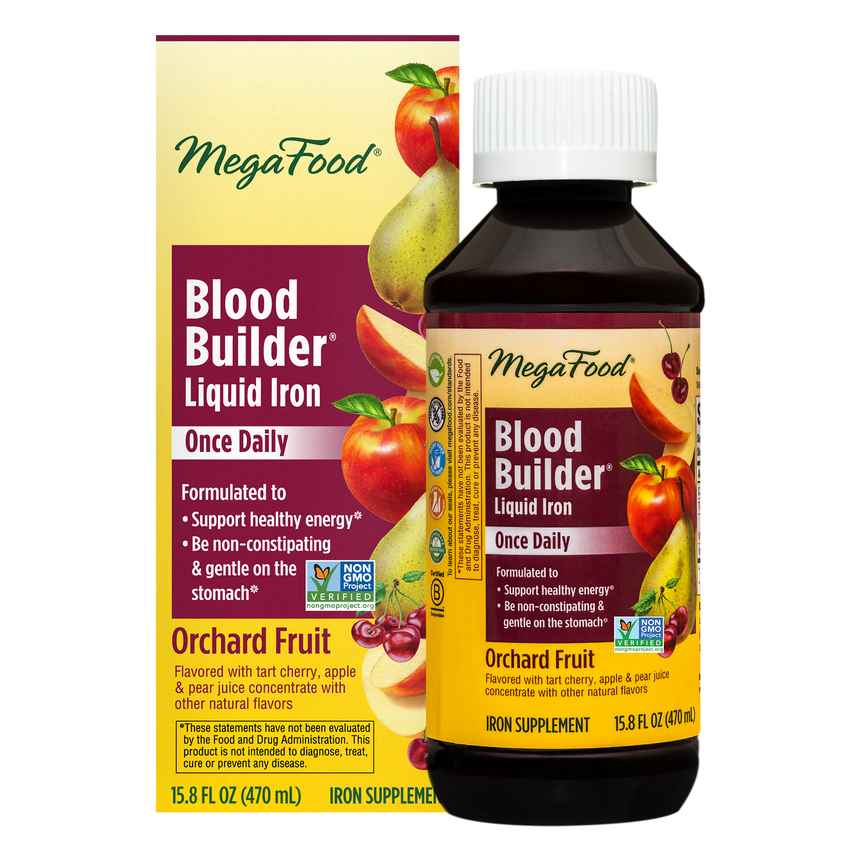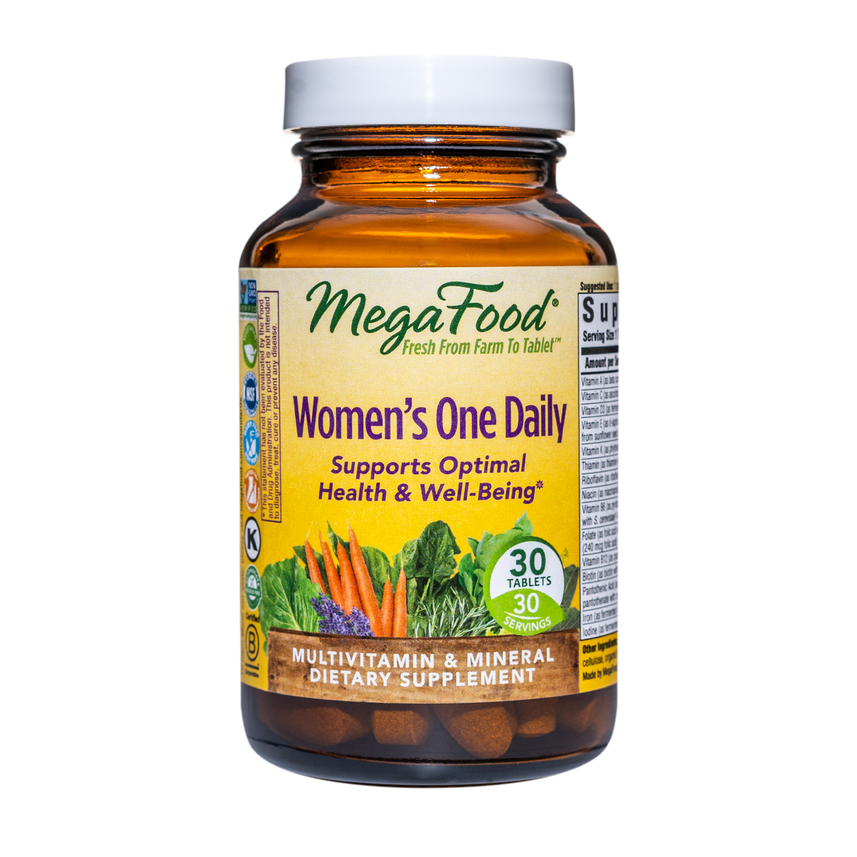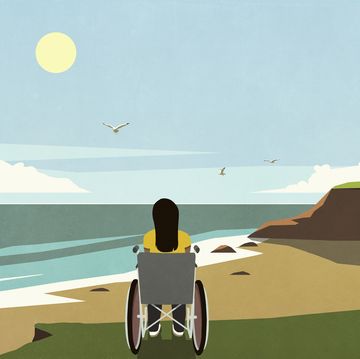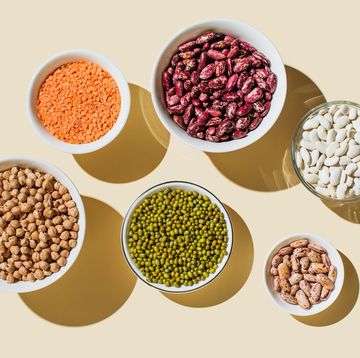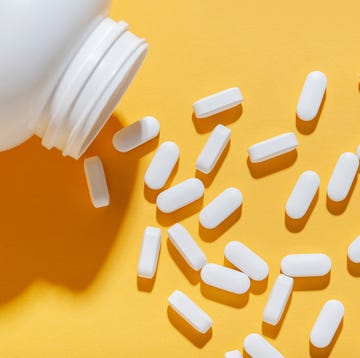There’s a lot that changes as you go through life. The person you are when you graduate college or have a baby can be very different from who you are when you retire. But when it comes to healthy nutrition through the years, some things are a constant. There are certain nutrients you always need in order to keep your bones strong, your energy up, and your brain sharp. Smart habits like eating whole foods can help ensure you’re getting the nutrition your body needs. Here are specific nutrients you should focus on to feel your best, no matter what decade you’re in.
Vitamin D
“Vitamin D is known to help maintain a healthy immune system*, so it’s important to get enough throughout your lifetime,” says Julie Upton, RD, cofounder of the San Francisco Bay Area-based company Appetite for Health. And as you get older, you’ll want to combine vitamin D with calcium (found in dairy, among other foods), since they work together to help maintain bone density and protect you from osteoporosis.*
“Vitamin D is the sunshine vitamin—your body manufactures it when you get sun exposure on bare skin,” says naturopathic doctor Erin Stokes, medical director for MegaFood. “But in the fall and winter months, it can be challenging to get enough.” Foods like salmon, eggs, cheese, and fortified cereals contain vitamin D, but you can also get it in supplement form if needed.
Your doctor can determine if your levels are low with a simple blood test and tell you if you could benefit from a supplement. If it’s recommended you try one, MegaFood Vitamin D3 1000 IU can help you hit the daily recommended intake of 600-800 IU (international units).
B vitamins
This group of vitamins includes thiamine, riboflavin, B12, and folate. “B vitamins are involved in converting food to energy and are essential for most bodily functions, from flexing your muscles to digesting carbs,” says Upton. “They are especially important when you’re pregnant since folate can ward off some birth defects like spina bifida.” Throughout your life, it’s recommended that you get 400 micrograms of DFE (dietary folate equivalents), but that number goes up to 500 micrograms if you’re breastfeeding and 600 micrograms if you’re pregnant or trying to get pregnant. (Again, your doctor can run a blood test to determine if you have a deficiency.)
“Green leafy vegetables, such as spinach, are an excellent source of folate, as are broccoli, asparagus, and Brussels sprouts,” says Stokes. Other foods rich in B vitamins—legumes, yogurt, sunflower seeds, and eggs. You can also consider a multivitamin like MegaFood Women’s One Daily to support your B vitamin needs (and help fill other nutritional gaps in your diet, too).
Iron
“Iron, while needed throughout the lifespan, is especially important during the menstruating years when women experience a monthly loss of iron,” says Dr. Stokes. This mineral is essential for making hemoglobin, a part of your red blood cells that carries oxygen all throughout your body.* “If you don’t get enough of it, you can feel tired and lacking in energy*,” says Upton. There are two different kinds of iron. Heme iron, which your body absorbs more easily, is found in animal sources like oysters, beef, turkey, and shrimp. Non-heme iron is a little tougher to absorb and is found in beans, lentils, tofu, and leafy greens like kale. Women need 18 milligrams of iron a day and 27 milligrams if they’re pregnant. After the age of 50, that number drops to 8 milligrams. Worried that your diet is coming up short? Consider an iron supplement like Megafood Liquid Iron Once Daily, which provides 27 mg iron per serving.
Omega-3 fatty acids
It’s hard to find an area of your body that doesn’t benefit from eating more of these fatty acids: brain, heart, lungs, immune system…you name it. When you’re pregnant, eating enough omega-3s is especially important, since they are crucial for babies' healthy brain development, Dr. Stokes says.
There are three kinds of omega-3s: ALA (found in flaxseeds, soybean, and canola oils), and DHA and EPA (both found in fish like salmon and seafood). There aren’t specific amounts recommended for DHA or EPA, but women should try to get 1.1 grams of ALA a day (1.3 grams if you’re breastfeeding and 1.4 grams if you’re pregnant).
The good news about a lot of these nutrients: If you eat a healthy diet from all food groups, you may be getting ample amount. For some, like iron and vitamin D, your doctor can always test you to see if you’re deficient and, if so, suggest a good supplement.
*These statements have not been evaluated by the Food and Drug Administration. This product is not intended to diagnose, treat, cure or prevent any disease.

